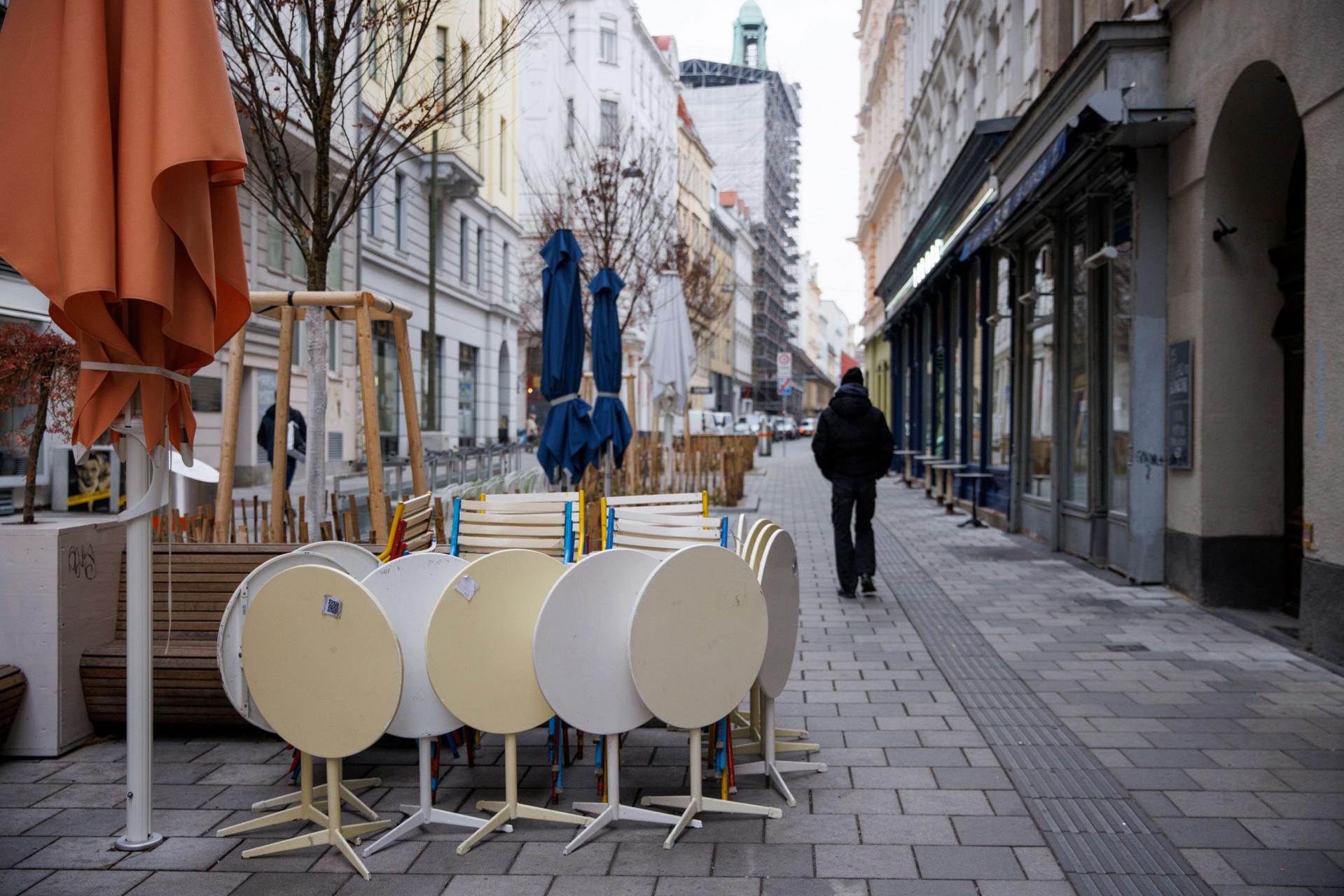The one-size-fits-all Covid passport
A uniform approach to the application of the passport/certificate?

The certificate was originally for travel. Now it’s for all manner of things. | Reuters
Palma25/11/2021 12:34
By the time you read this, the situations in specific regions of Spain may have been resolved one way or the other, but the principle will not have altered, which has to do with legal interpretation and how it differs.
Also in News
- As Spain says adios to Golden Visa, Portugal says come on down!
- Here comes the sun - Mallorca weather forecast for Easter
- Mallorca holiday paradise vanishing for some German tourists
- Tens of thousands of Mallorca-bound British tourists facing long air delays this summer, airline boss warns
- Truck gets stuck in Mallorca village

No comments
To be able to write a comment, you have to be registered and logged in
Currently there are no comments.